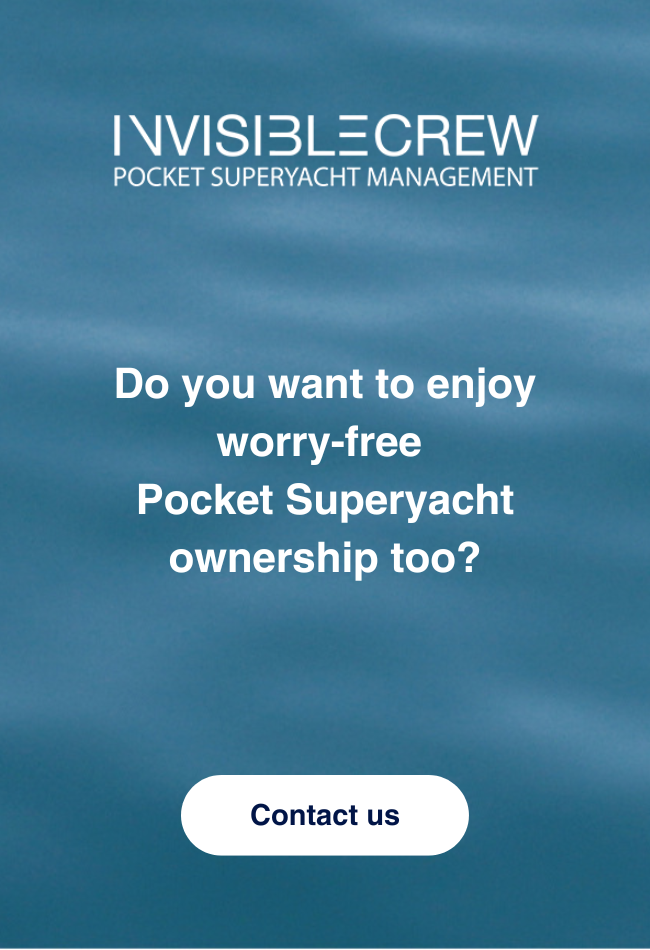Do you remember the days in the not so distant past where you could kick back on a Sunday morning with a stack of newspapers and a pot of coffee and slowly work your way through the papers?. You could spend a few luxurious hours wading your way through well written, thoroughly researched journalism that meticulously weighed up the pressing issues of the day, with explanations of the nuances involved, crafted by professionals, reasonably safe in the knowledge that what you were reading was at least mostly true. If it wasn’t the publisher would face criminal charges, or profesional pillory. Who has the time for that these days?
This kind of journalism still exists of course, but we now live in an age of the free, rapid movement of knowledge, and it isn’t having an altogether positive effect.
These days you don’t need a newsroom, print works, distribution network, broadcast equipment or satellite feeds to distribute your opinions, you can do it for free, or at least very cheaply with a web page, Facebook or Twitter account, and for the price of a good days wage we can carry a device in our back pocket that carries the sum total of all human knowledge, the good, and the bad, for immediate, and free consumption.
Fake news is big business these days, literally. In Kosovo for example an estimated 40% of the nation’s youth are involved in some way in the fake news business. Here’s how it works. Set up a website, or Facebook account, make it look like a legitimate organisation, then make up some content that will have people liking and clicking away. The more controversial the content, the more likes you are going to get. Then you can either sell the page for a few thousand dollars, or start collecting the advertising revenue that accompanies popular pages. In the example of Kosovo a fake news merchant can make hundreds of dollars a day in this way, compared to the country’s average wage of 300 dollars a month. Nice work if you can get it, and they can.
The information age is also dramatically reducing our collective attention span. Instead of the morning with the Sunday press in those halcyon days, we now tend to spend minutes, or even just seconds reading each ‘news’ story. Just the headline, the contents of a tweet, a paragraph at best. People are taken in by the soundbite, the strapline on a poster, or, in the case of Brexit, what was written on the side of a big red bus.
All of this has also had a dramatic polarising effect on our collective beliefs. If you spend time to properly understand an issue then the chances are that you form a nuanced opinion, you can be a little bit in favour or something, you can agree with some bits, but not necessarily everything. But read just the headline and you tend to end up 100% for it, or 100% against it. Back in the day, we tended to consume journalism to help form our opinions, these days we tend to seek out and consume media that reinforces the opinions we already hold. If we see something that disagrees with our opinions then we can happily dismiss it as ‘fake news’, ‘project fear’ or similar. If this comes from legitimate, trustworthy and seemingly reputable sources it is dismissed as ‘mainstream media’, with the overtones that we are being institutionally lied to by sources that only a few years ago held a position of trust in society.
Last month as the U.S. midterm elections came and went it reached new heights (or lows if you prefer). Donald Trump began reporting of a migrant caravan, making its way through Central America heading for the U.S’s southern border. There are migrants on their way, there always are, but this was painted as an invasion. It reportedly contained ‘many people’ from the Middle East, claimed Mister Trump, while simultaneously admitting he had no proof. While senior Republicans claimed that many of them carried smallpox, a disease eradicated globally 38 years ago. All if this backed up by right leaning, news network Fox. This was mentioned all day every day, and the day after the elections, was not mentioned again. In a separate incident a senior CNN journalist had a microphone snatched from him in a press conference for asking tough questions, and later had his press credentials rescinded. The justification? That he had assaulted the person removing his microphone, the evidence presented was a manipulated video distributed by Alt Right ‘news’ network Infowars.
The results of all this seems to be that as a society we are now all at each other’s throats. Left or right, you are either with us, or against us. Phrases like ‘snowflake’, ‘Gammon’, ‘remoaners’ have entered the lexicon as dismissive insults towards people who have the temerity to have a different opinion. They are hurled across no mans land, where in the past we might have had an actual debate about our differences.
When the information age dawned with the invention of the world wide web, you might have been forgiven for having little optimism that with instant access to everything we would all get a little smarter and better informed. It depressingly seems that the exact opposite has come to pass. Who saw that coming?.
Phill McCoffers – Islander December 2018












